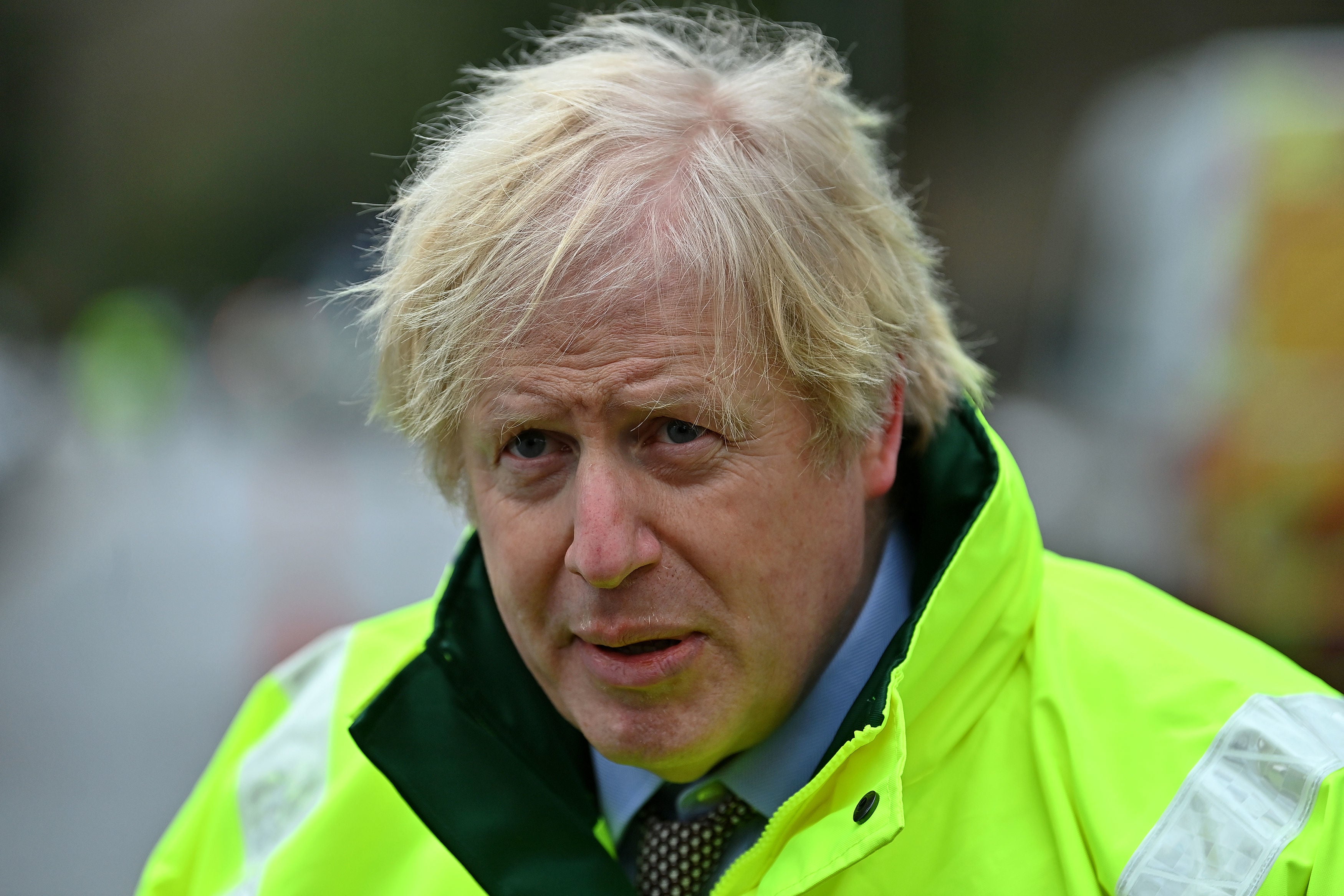Does Boris Johnson intend to cut workers’ rights now that we have left the EU?
Labour accuses the government of wanting to weaken laws that protect workers against unscrupulous employers, says John Rentoul


Keir Starmer accuses Boris Johnson of wanting to use Brexit to weaken legal protections for workers, and will use an opposition debate in the Commons today to demand that “all existing employment rights and protections must be maintained”.
The prime minister has always rejected the idea that one of the Conservative motives for leaving the EU was to rid Britain of European law guaranteeing workers’ rights. And it is fair to say that the problem of “excessive” social protection has never been central to most Brexiteers’ arguments – except for the 48-hour working week, which was controversial when the Labour government legislated for it in 1998.
British workers’ rights were probably better than those in most member states when the UK joined the EEC in 1973, and remained so while we were a member, but clearly there is a possibility that they could be cut below the minimum levels required by the EU now that we have left. Hence the significance of a report by the Financial Times 10 days ago that the government was considering repealing aspects of EU employment law, including the 48-hour working week, the inclusion of overtime in calculating holiday pay and the duty of employers to record workers’ hours.
Kwasi Kwarteng, the new business secretary, confirmed to the business select committee last week that the government was reviewing EU employment law, but said it had “absolutely no intention of lowering the standards of workers’ rights”. He is in an awkward position, because he can hardly say the government won’t review the law, because otherwise what was the point of Brexit, and yet he has to say that he will defend and enhance the status quo because he cannot afford to alienate former Labour voters who supported the Conservatives at the last election.
In any case, most employment law is widely accepted in the UK. Even the 48-hour working week is so hedged about with opt-outs negotiated by the British – and used principally by them – that it is hardly contentious now. The median working week in the UK is about 37 hours, so the law potentially applies only to a small minority of specialist occupations.
What is more, the Trade and Cooperation Agreement with the EU does not allow the UK to “reduce labour standards in a manner that affects trade or investment”, according to the summary prepared by the House of Commons Library. So the scope of Kwarteng’s review is limited.
Today’s debate will probably be a largely symbolic affair, therefore, as Labour accuses the Tories of wanting to do down working people, while the Tories accuse Labour of wanting to rejoin the EU – the words “European Union” not featuring anywhere in Labour’s motion.
There are paradoxes on both sides of this debate. For Brexiteers, it seems odd that they complain about the iniquities of EU legislation yet when given the chance to change any of it say that they don’t want to. For Remainers, it seems odd that they do not trust the decisions of the democratically elected government of the UK to protect workers’ rights, having grown used in the past to appealing to the distant and not-particularly-accountable institutions of the EU to step in to do so.
Join our commenting forum
Join thought-provoking conversations, follow other Independent readers and see their replies
Comments